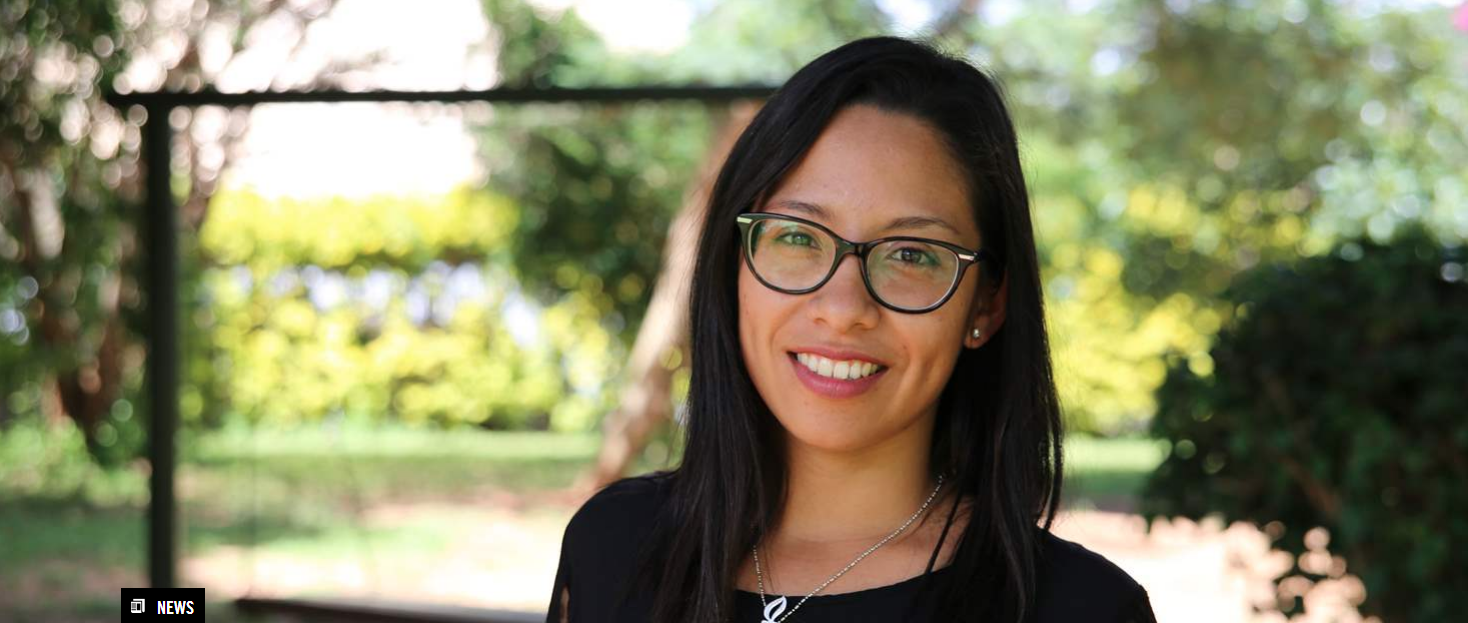Amnesty International will be present today in a hearing to review whether the “humanitarian pardon” granted to former President Alberto Fujimori last year violates the obligations of the Peruvian state to investigate, prosecute and punish those responsible for serious human rights violations.
“We hope that the national courts promptly take advantage of the opportunity presented by the Inter-American Court of Human Rights to review whether the beneficial measure granted to former President Fujimori goes against human rights obligations and has affected the rights of the victims of serious human rights violations to truth, justice and reparation,” said Erika Guevara-Rosas, Americas Director at Amnesty International.
The review will be held at the request of the families of the victims of the Barrios Altos and La Cantuta cases before the Preparatory Trial Court of the Supreme Court of Justice, in accordance with the ruling of the Inter-American Court of Human Rights on 15 June on monitoring compliance with the judgments in both cases. Amnesty International will be present to observe the hearing and accompany the families of the victims.
On 15 June 2018, the Inter-American Court of Human Rights ruled that the Peruvian courts must review whether the pardon granted to former President Alberto Fujimori constitutes an unnecessary and disproportionate impact on the right of access to justice of the victims of the Barrios Altos and La Cantuta cases. The ruling also stated that the Peruvian state “has not complied fully with its obligation to investigate, prosecute and, if necessary, punish the serious violations of human rights determined in the judgments”.
On 31 January 2018, Amnesty International submitted a statement in the form of an amicus curiae brief to the Inter-American Court, challenging the compatibility of the pardon granted to Alberto Fujimori with international law applicable in the case.
Amnesty International will closely monitor this important decision to review the pardon.
“When making their decision, the national courts should focus on the rights of the families of the victims, who have spent decades calling for truth, justice and reparation,” said Marina Navarro, Executive Director of Amnesty International Peru.
Additional information:
In 2001 the Inter-American Court of Human Rights issued a judgment in case of Barrios Altos vs Peru regarding state responsibility for the killing of 15 people and the wounding of another four by members of the Colina paramilitary group, as well as for the failure to investigate and bring to justice those responsible for these crimes.
In 2006, the Court issued its ruling in the case of La Cantuta v. Peru for the state’s responsibility for the enforced disappearance and extrajudicial execution of nine students and a professor at the National University of Enrique Guzmán and Valle-La Cantuta by members of the Colina paramilitary group, as well as for the failure to investigate and bring to justice those responsible for these crimes.
Both cases are still at the stage where the Court is “monitoring compliance with its judgment”.
In 2009, the Special Criminal Chamber of the Supreme Court of Justice in Peru, in a unanimous verdict, found former President Alberto Fujimori guilty of the serious injury, murder and abduction of dozens of people, which the Court stated constituted crimes against humanity, carried out by his subordinates when he was Head of State. He was sentenced to 25 years’ imprisonment for these crimes, the maximum allowed for by the Criminal Code in force at the time the crimes were committed. The plenum of the Supreme Court upheld the ruling a few months later.
On 24 December 2017, President Pedro Pablo Kuczynski issued Supreme Resolution No. 281-2017-JUS, granting former President Fujimori “a pardon and the right to grace on humanitarian grounds… with respect to the current convictions and ongoing criminal proceedings”.
In June 2018, the Inter-American Court of Human Rights issued its resolution on monitoring compliance with the judgments in the Barrios Altos and La Cantuta cases, in which it gave the parties until 28 October to submit information on the progress made by the constitutional authorities in reviewing the “pardon for humanitarian reasons” granted to Fujimori, in relation to compliance with the obligation to investigate, prosecute and punish those responsible in the Barrios Altos and La Cantuta cases.
For further information or to arrange an interview, please contact Lucy Scholey, Amnesty International Canada (English): +1 613-744-7667 ext. 236; lscholey@amnesty.ca
Read more:
Peru: Inter-American Court rules that the Peruvian courts should review the pardon granted to Fujimori (News, 18 June 2018)
Peru: Fujimori may be tried after decision not to apply grace in Pativilca case (News, 19 February 2018)
Peru: Fujimori may be tried after decision not to apply grace in Pativilca case
Peru: Historic opportunity for the state to end the impunity created by granting grace to Alberto Fujimori in the case of Pativilca (News, 25 January 2018)






















